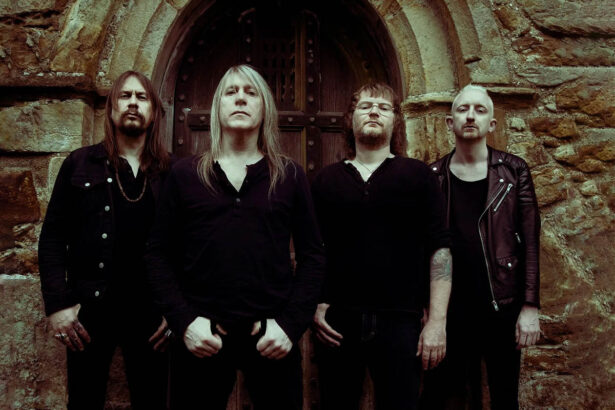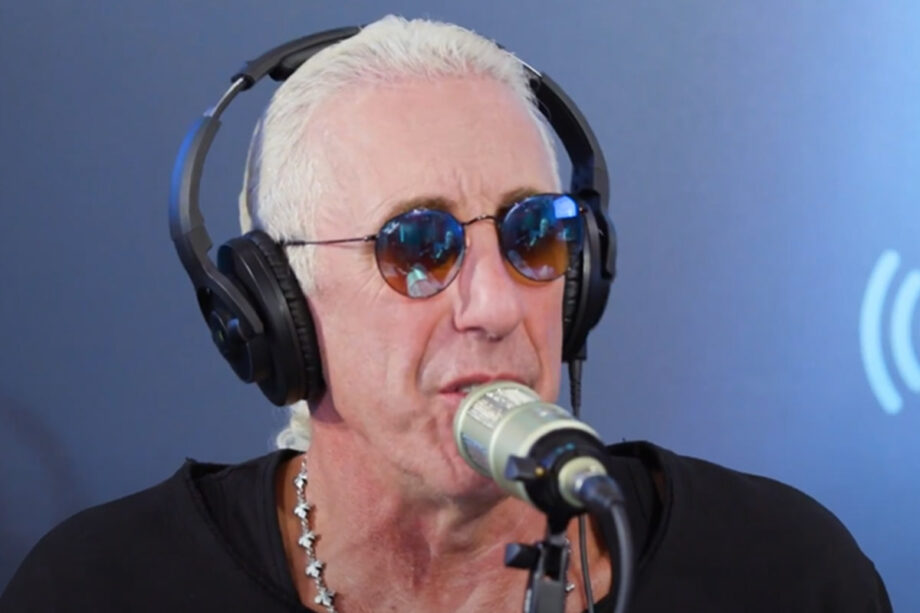Twisted Sister frontman Dee Snider disclosed his uncompensated contribution to MTV’s early metal programming in a recent statement on X (formerly Twitter). His revelation highlighted the origins of MTV’s first dedicated metal show, which he co-created and hosted for over a year.
“I co-created MTV’s first metal show with producer Liz Nealon called Heavy Metal Mania,” Snider said. “I hosted it for 18 months.”
“When I asked to be paid, MTV told me ‘it’s great promotion for you,'” he continued. “I left the show…and they changed the name and brought in other hosts. But it was my idea.”
This revelation illuminates the early development of metal programming on MTV. It set the stage for what would become a revolutionary era in music television.
The Birth Of Heavy Metal Mania
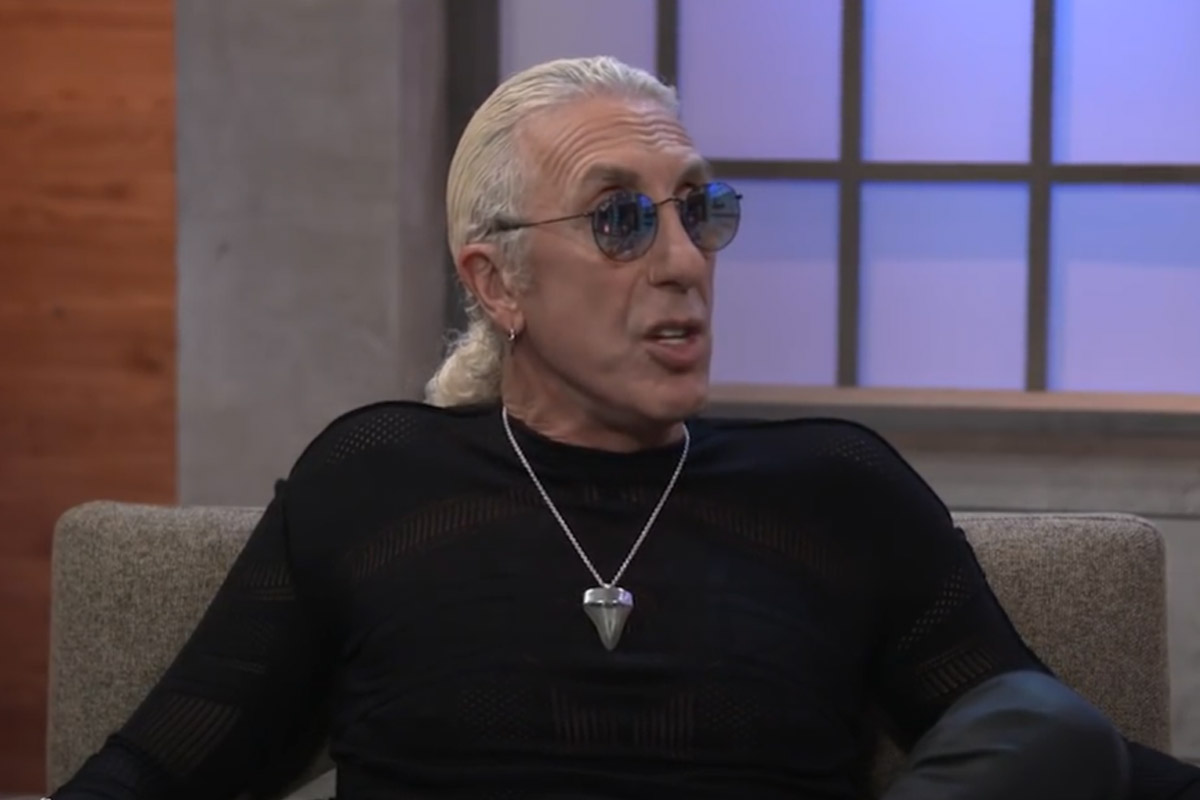
Documentation from American Songwriter revealed Heavy Metal Mania’s debut in June 1985. The show established MTV’s first dedicated programming for metal music fans. This milestone represented a significant shift in the network’s programming strategy. Metal music finally received the platform it deserved.
Snider and producer Liz Nealon pioneered the monthly broadcast format. Their blueprint would later inspire future metal-focused shows on the network. The format demonstrated the growing audience demand for metal content on television.
Evolution Into Headbangers Ball
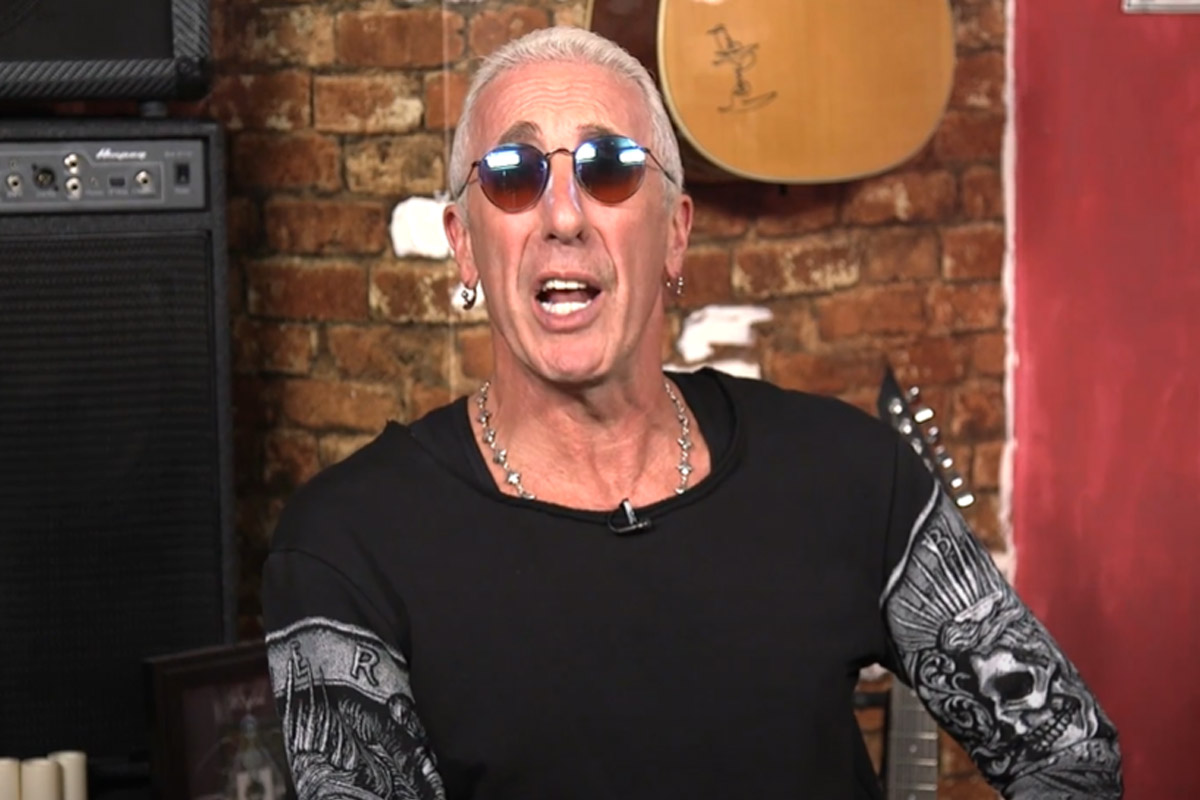
Historical records showed that MTV transformed Heavy Metal Mania into Headbangers Ball after Snider’s departure. The new show premiered on April 18, 1987. It expanded upon the original format while maintaining its core focus on heavy metal music.
The transition brought several changes to the program. A rotating cast of hosts led the show before Riki Rachtman became its iconic face. MTV’s commitment to metal programming remained strong, despite their earlier reluctance to compensate its original creator.
Legacy And Impact
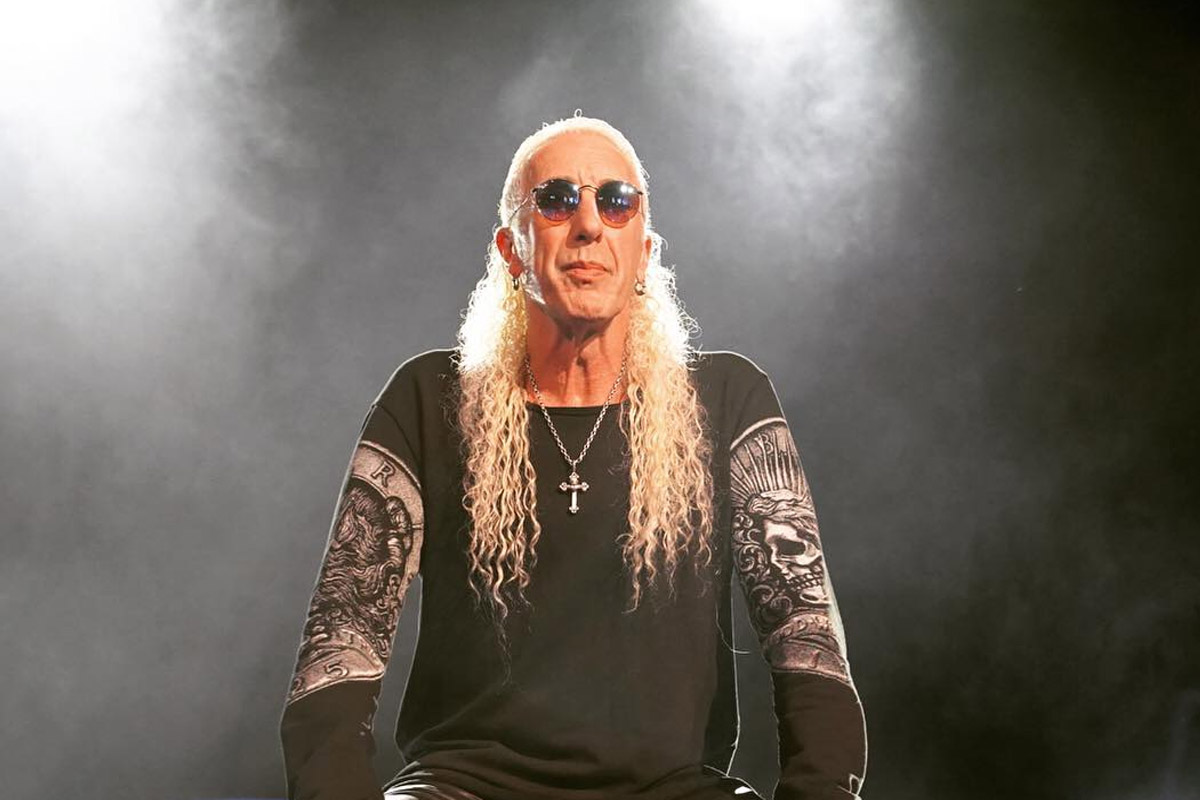
Loudwire chronicled the memorable debut of Headbangers Ball. Motörhead members Lemmy Kilmister and Phil Taylor hosted the first episode. They showcased videos from prominent bands like Cinderella, Dokken, Whitesnake, and KISS.
The show maintained its influence through the 1990s. It served as MTV’s flagship metal program until its cancellation in 1995. MTV attempted a revival in 2003. However, fans and industry insiders agreed that the new version never captured the authenticity and excitement of the original era that Snider helped establish.

